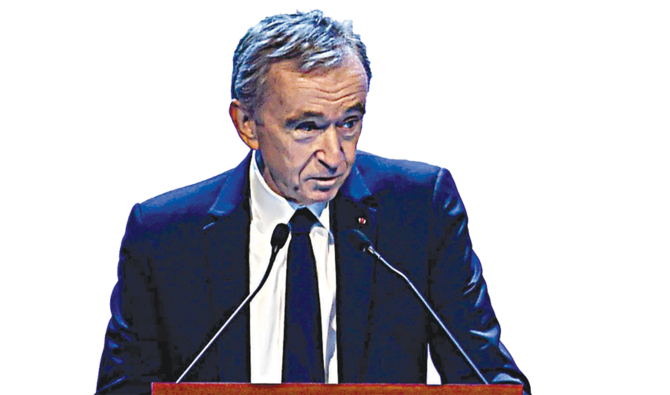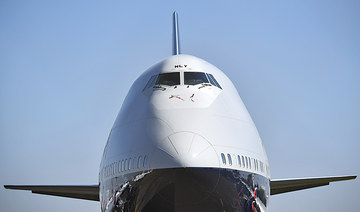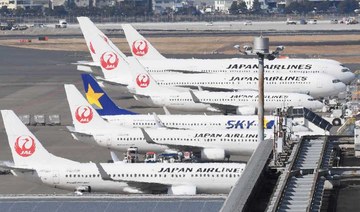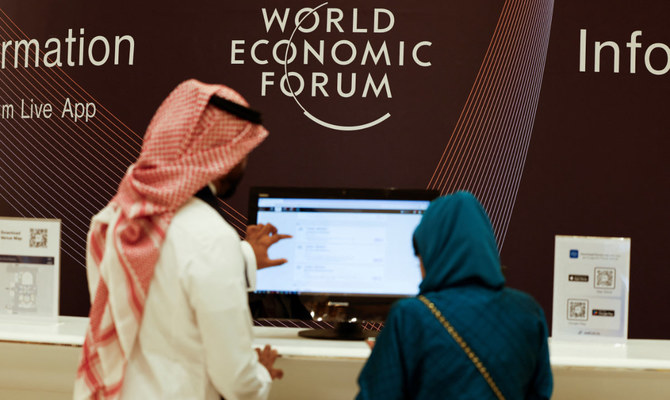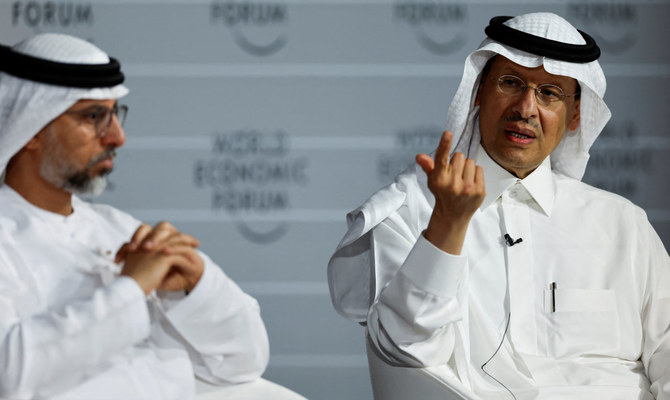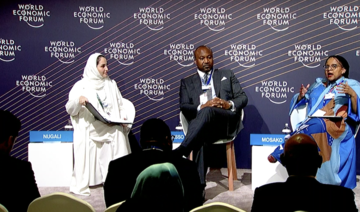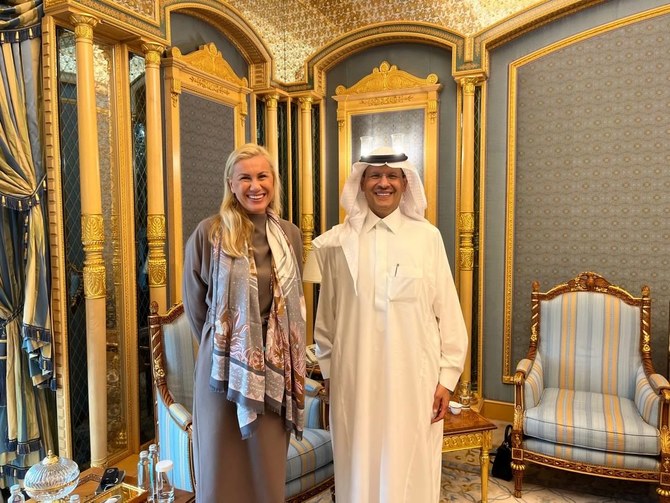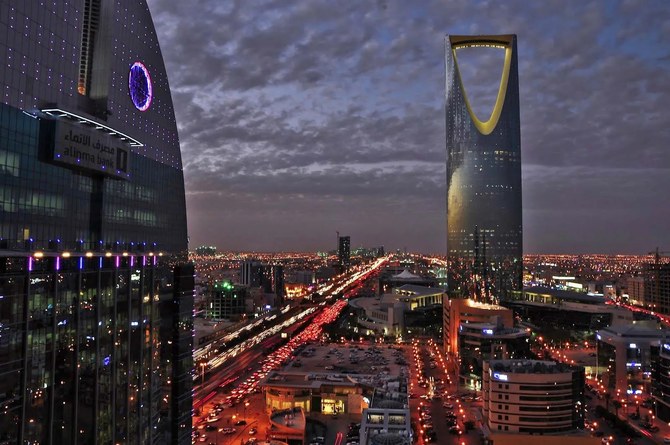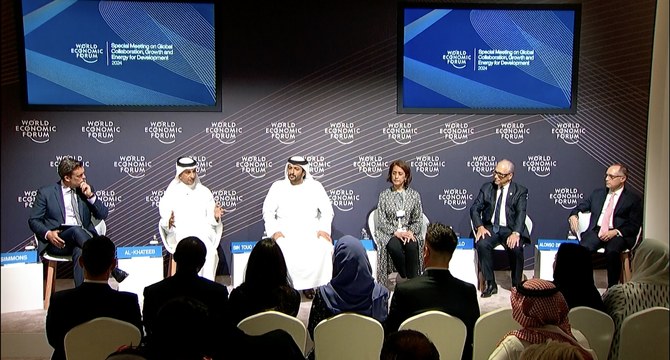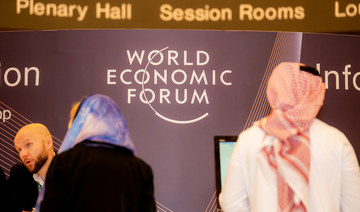PARIS: In the world of corporate mega mergers, a $425 million discount on a $16 billion deal is small change.
But for LVMH boss and French billionaire Bernard Arnault, every penny counted to end a bitter legal dispute with US jeweler Tiffany and clinch a new takeover deal at a slightly lower price, according to interviews with five people close to the deal.
For the 71-year-old Arnault, dubbed “the wolf in cashmere” for his aggressive business tactics even in his earliest deals, getting a discount in itself would have been worth it, several people who know him said, even if it amounted to less than 3 percent of the original price.
“He did this out of principle. A franc is a franc for him,” one of the people, who is familiar with the latest discussions around the deal, noted. “He doesn’t overpay for things, because he is Bernard Arnault.”
The takeover, the luxury industry’s biggest-ever deal and a major feather in LVMH’s cap, was struck before the coronavirus pandemic forced the industry to temporarily shut shops and idle manufacturing sites.
LVMH said last month it could no longer complete the deal by the Nov. 24 deadline, citing a letter by the French foreign minister asking it to delay the purchase because of the threat of new US tariffs on French products.
Government sources have since insisted that the letter was not binding, and the foreign minister has said it followed an inquiry from the French luxury goods group, leading Tiffany to accuse LVMH of using it as a pretext to walk away from the deal.
Several sources close to the matter told Reuters that Arnault was particularly irked by Tiffany’s decision to pay regular quarterly dividends of $0.58 per share in May and August, at a time when other luxury groups suspended or cut their dividend payout because of the health crisis.
It was then that he became hell-bent on not doing the deal under the original terms, the sources said.
FASTFACT
The planned takeover of Tiffany by LVMH would be the luxury industry’s biggest-ever deal.
“The price discount is ridiculous, but you have to look at it from Arnault’s perspective,” a banking source familiar with the deal said. “He’s the kind of penny-pinching billionaire.”
In legal filings by LVMH, which countersued Tiffany in a Delaware court in September, the French conglomerate emphasised the financial argument, alleging the US jeweller’s management of the pandemic was “catastrophic” and its prospects “dismal.”
The dividend payments, totalling around $70 million per quarter, were allowed by the original deal and Tiffany says it only acted in the best interest of its shareholders.
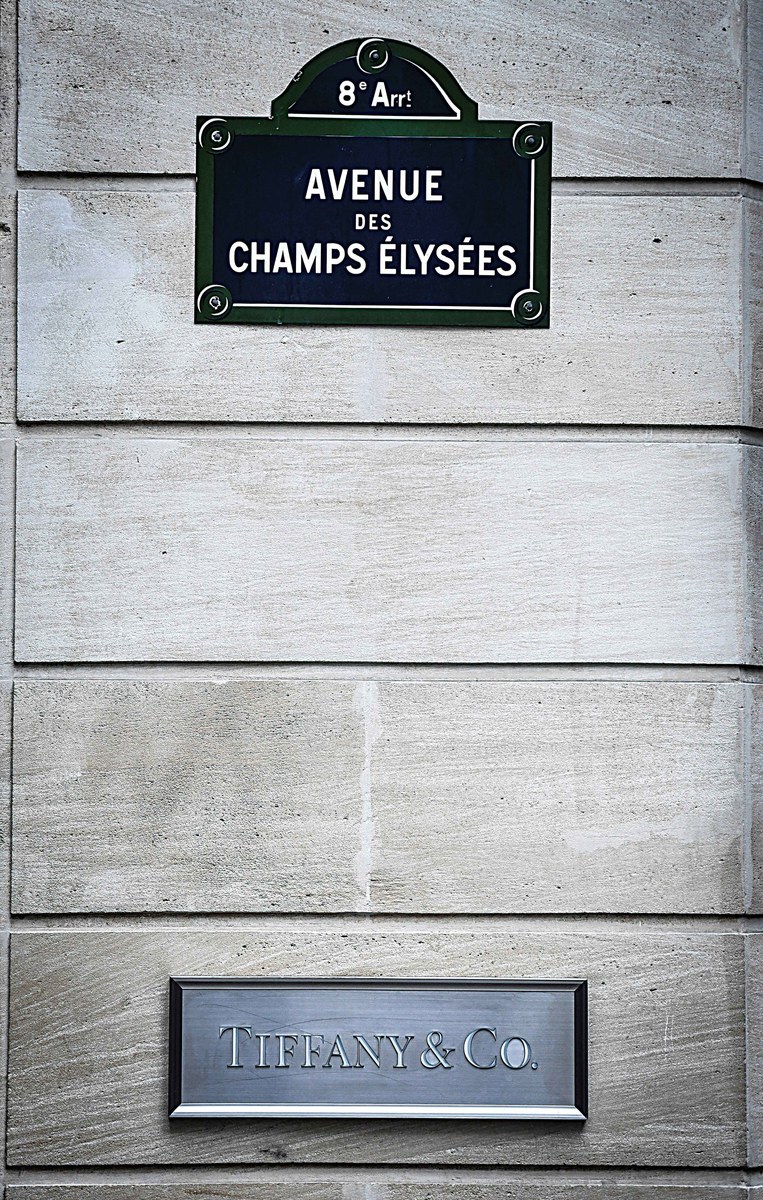
The revised takeover agreement allows the US group to declare another dividend in November, bringing the total payout for this year to $280 million, which is less than the money Arnault has saved by getting Tiffany back to the negotiating table.
“I think Arnault wanted to make the point that he doesn’t like being taken for a ride just because he is a billionaire, and pay for things that he does not think he should be paying for, such as Tiffany’s dividends,” said Luca Solca, an analyst at Bernstein.
Settling now also keeps a lid on mounting legal fees, which could have grown to about $50 million for both companies if the Delaware court battle had gone all the way, according to one banking source.
Tiffany declined to comment on the legal costs. The French conglomerate LVMH had no comment on Arnault’s motivations.
Still, Arnault went to extraordinary lengths to renegotiate the deal, and some industry observers say the whole saga could dent his reputation.
“If he were the kind of person who cared about public image, he would realize it probably wasn’t worth it for the amount of money saved,” a former LVMH insider said.
Though he is France’s richest man, and owns newspapers including financial daily Les Echos, Arnault keeps a relatively low profile, rarely making appearances at conferences or giving interviews.
Scrutiny in France surrounding the Aug. 31 letter sent by the foreign ministry to LVMH, which led to speculation Arnault had pulled strings to obtain, took on proportions the group had not expected, people familiar with the matter said.
Reuters reported on Sept. 22 that French President Emmanuel Macron had asked the foreign ministry to send the letter.
Pressure to reach a settlement arose on several fronts, due to the legal tussle and as the COVID-19 pandemic worsened. Had the Delaware court case gone ahead, Arnault could have been called to testify next month. Two people close to the matter said Arnault was keen to avoid this step, though a third source close to LVMH said this was a “wacky hypothesis.”
Some observers said Arnault’s determination to win a discount from his pre-COVID offer price may cost LVMH, which has built an empire now comprising 76 brands, the ability to court future takeover targets in a highly fragmented sector boasting a large percentage of family-controlled companies.
However, others disagreed, saying Arnault — who is betting the French giant can restore Tiffany’s lustre by investing in stores and new collections — had still managed to get what he wanted. Tiffany also did not want to get bogged down in a potentially drawn-out judicial process whose outcome remained uncertain.
“It’s love between LVMH and Tiffany again,” one person close to the situation said, adding that a settlement now meant Tiffany “could sell diamonds at Christmas rather than spending it talking to lawyers.”



